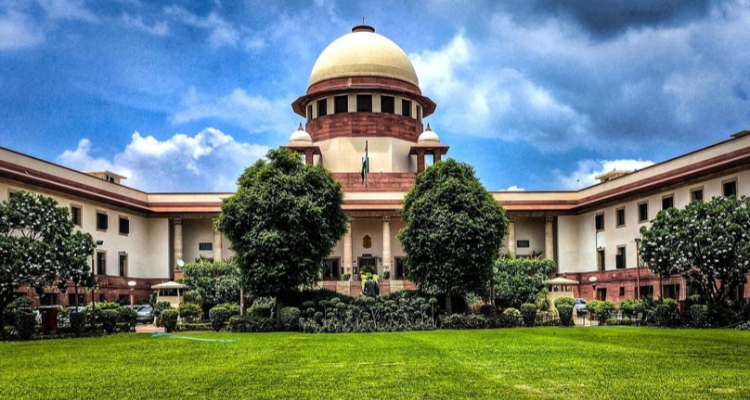
In the case of National Highway Authority of India v. M/s Hindustan Construction Company Ltd, the Supreme Court affirmed the principle that the interpretation of contract terms falls within the domain of the Arbitral Tribunal. Under Section 34 of the Arbitration and Conciliation Act, 1996, the Court does not act as an appellate authority over the arbitrator’s determinations.
The Supreme Court, comprising Justices A. S. Oka and Pankaj Mithal, delivered a significant judgment in response to an appeal filed by NHAI against concurrent decisions of the Arbitral Tribunal and the Delhi High Court.
Challenges Before the Court
The appeal pertained to three key directives:
- Reimbursement for increased royalty rates and associated sales tax.
- Payment for executed embankment work as per contractual obligations.
- Reimbursement for additional costs due to increased forest transit fee rates.
Background: NHAI vs. Hindustan Construction Company Ltd
NHAI had contracted Hindustan Construction Company Ltd for the Allahabad Bypass Project.
Scope of Intervention
The bench clarified that its intervention under Section 37 appeal was limited.
Judicial Precedents and Legal Interpretations
The Court referenced past judgments, emphasizing that it only intervenes if an arbitral award violates Indian public policy. It reiterated that courts do not correct factual errors during the ‘public policy’ test.
Contract Interpretation: A Tribunal’s Prerogative
The Court upheld the Tribunal’s authority to interpret contract terms, affirming that this is not subject to judicial review.
Expert Dissent and Legal Adjudication
Acknowledging a dissenting opinion among the arbitral panel, the Court reiterated the Tribunal’s discretion in interpreting contracts.
Verdict: Upholding Judicial Restraint
The Court supported the High Court’s stance, emphasizing that majority expert opinions need not be reassessed. It asserted that both the Single Judge and Division Bench scrutinized the challenge within the framework of the Arbitration Act.
Conclusion: Upholding Legal Limitations
The Supreme Court, respecting the boundaries set by Sections 34 and 37 of the Arbitration Act, dismissed NHAI’s appeals.
In essence, the judgment underscores the judiciary’s deference to arbitral decisions within the contours of legal provisions.
Read More: Supreme Court, Delhi High Court, States High Court, Other Courts, International




